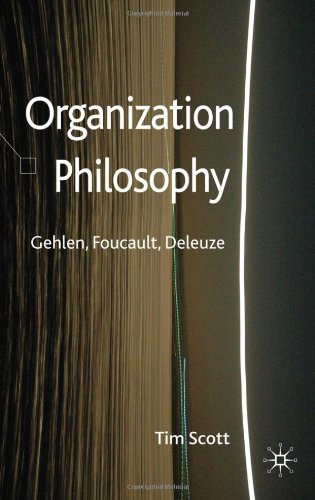The birth of digital populism. Crowd, power and postdemocrarcy in the 21st century is a collection of interviews edited by the Obsolete Capitalism collective. English and Italian thinkers answer questions related to a few eternal concepts of political philosophy such as crowd, power, control with a particular focus on the unexpected electoral success of the Five Star Movement (5SM), a self-defined 'non-party' led by Beppe Grillo and Gianroberto Casaleggio. The 5SM obtained a resounding success in the Italian general election of 24th 25th February 2013, a moment after which the panorama of Italian politics deeply changed.
This book seeks to investigate the novelty which characterise the emergence of a new political phenomenon: that of digital populism. Are we facing the beginning of a change in governmental policy and representative democracy as we know it? Far from being an Italian anomaly, populism is a firmly Western phenomenon, both in its analog and digital versions. The english equivalent is UKIP, an extremely seductive and therefore equally dangerous anti-establishment right-wing situation.
Six questions were formulated, touching on fundamental aspects of the rise of digital populism and the relationships between masses, power, and post-democracy at the dawn of the twenty-first century.



The birth of digital populism. Crowd, power and postdemocrarcy in the 21st century is the result of nine interviews conducted between May 2013 and February 2014 by Luciana Parisi, Tiziana Terranova, Lapo Berti, Simon Choat, Paolo Godani, Saul Newman, Jussi Parikka, Tony D. Sampson and Alberto Toscano.
The book is released free of charge and can be read and downloaded on Issuu (IT, UK). If you would like a physical copy get in touch directly with Obsolete Capitalism.

There should be an affirmative philosophy of organisation that rejects the negative tendency characterising organisation studies, and its failure to grasp the fundamental function of organisation as the oblique means to express and satisfy desires. Organisation and organisation studies should be joyful practices. This book offers a deep and detailed analysis of the problem and its solution. It opens with a definition of the human being as an impossible animal, ill-equipped to survive in any ecological niche, and traces the development of culture, it describes how communities have been built upon metaphors of the body, drawing upon extended examples from the history of pathological anatomy, medical institutions and medical technology.
The central problem is to understand how our thinking, feeling and acting bodies relate to the processes and phenomena of social organisation. The argument then applies Gilles Deleuze's influential early works in the history of philosophy to the problem of organisation. Developing Michael Hardt's groundbreaking work, an extraordinary and rigorous intellectual adventure unfolds into a world of bodies and organisations. Here there are no abstractions and nothing held in reserve. Abstract conceptions of power, dialectics and consciousness are rejected: What matters is the body/organisation and what it can do.
For readers interested in the problems of human bodies and social organisations, including organisational scholars, sociologists, philosophers, anthropologists and human geographers.
Read more
Fabio Treppiedi
Differenti ripetizioni. Pensare con Deleuze
@U Can Print, 2015
Leggere approfonditamente un filosofo, per Deleuze, significa coglierne il "sogno", il problema fondamentale che innerva le sue opere e sul quale quel filosofo non cessa di ritornare. È tuttavia nel momento in cui arriviamo alla comprensione del "sogno" del filosofo che rischiamo di rimanere "catturati" in esso. Sulla delicata soglia che separa la comprensione dalla cattura, Deleuze gioca la sua partita d'interprete, operando una ripresa creativa del vocabolario classico della filosofia che matura dall'interno della stessa immagine del pensiero e che deforma strategicamente il repertorio concettuale di ogni filosofo interpretato. L'interprete a la Deleuze sa essere opportunamente violento, il suo gioco si concretizza sul limite del tradimento dell'autore fino a considerarlo un nemico, l'avversario contro il quale lotta. Un agonismo, questo di Deleuze, che implica capacità di movimento, tanto difensivo quanto offensivo, e abilità nel cogliere l'autore di sorpresa. In questo modo l'esercizio della storia della filosofia, che ogni interprete potrà sperimentare leggendo Deleuze con, contro e oltre Deleuze, consisterà soprattutto nel riprodurre in maniera differente e nello sviluppare fino in fondo il gesto del filosofo che ci si appresta a leggere.




